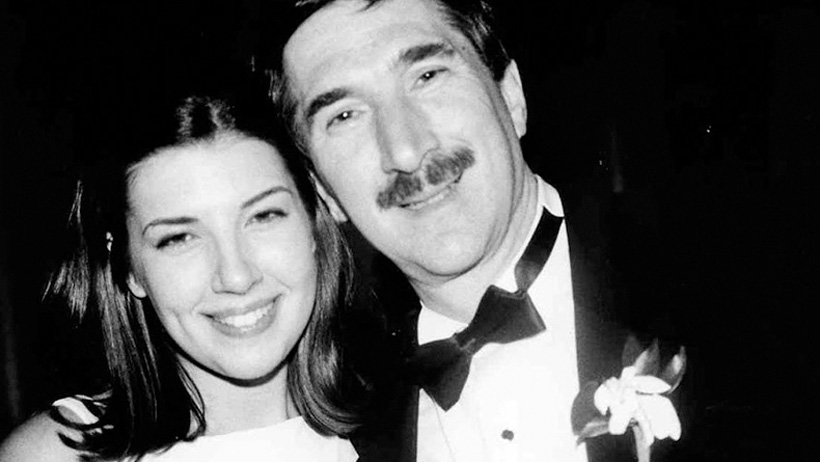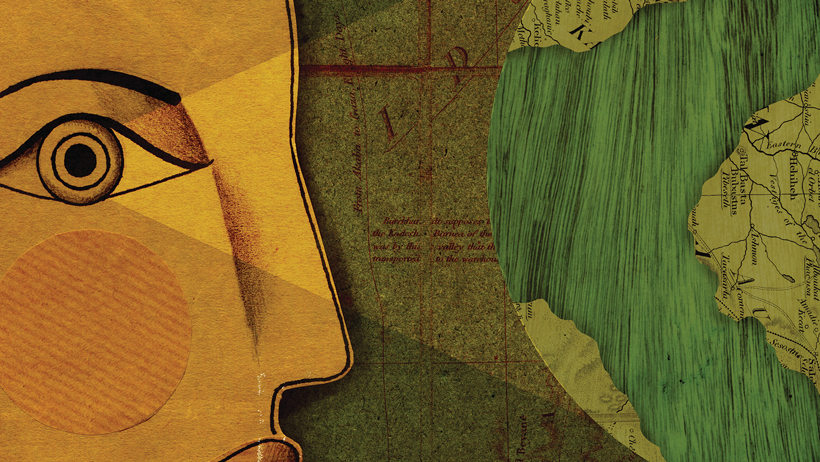There's a 19th century Jewish folktale about a man spreading gossip about a neighbor in his village. When he tries to make amends, he begs forgiveness from his rabbi.
The rabbi leads him to the top of a hill on a windy day with a pillowcase full of feathers. The rabbi instructs the man to tear open the pillowcase. Obliging, the man cuts it open, and the feathers scatter everywhere. Then the rabbi asks him to recollect all the feathers. The man resists, saying that's impossible. "Precisely," the rabbi responds. It is as impossible to "repair the damage done by your words as it is to recover the feathers."
That still holds true today, except the damage can be so much worse now because there are speedier, more expansive ways than ever to deliver a destructive message. Both in person and especially on social media, where you can't see the faces of your verbal targets like you can in the flesh. The public discourse, coming from everywhere we look, seems more vulgar, bigoted, and degrading than ever.
Jewish teachings have a lot to say about the power of words, dating all the way back to the story of creation. After all, the world was created through God speaking.
The Torah instructs us to speak words that ease, not words that hurt, for every human being is created in the image of God (b'tzelem Elohim) and everyone is precious and unique (Adam Yachid). Jewish law also mandates avoiding public humiliation (halbanat panim), "guarding the tongue" (shmirat halashon), and refraining from an "evil tongue" (lashon harah).
There's been an important dialogue around the subject of suicide lately, as two beloved cultural icons took their own lives this past spring. Part of the discussion on despair, depression, and suicide must focus on the way we talk to and about one another -- because words can directly and indirectly motivate people to do good or harm toward themselves or others.
In the Bible, malicious speech backfired on Miriam. In the Book of Numbers, she speaks cruelly about her own brother Moses. To defend Moses' honor, God punishes Miriam by turning her into a leper.
Okay, so leprosy is a bit extreme, but ugly words can still have consequences today for those who deliver them. Take Roseanne Barr's repugnant, racist tweet last month. Mere hours after her tweet, her hit TV reboot was pulled off the air.
Maybe if there were more repercussions like the Roseanne cancellation, people would think twice about the hateful and often slanderous words they say, text, or tweet.
We often preach to our children to speak to each other with kindness, but we adults don't always model that kindness ourselves. Let's teach our kids to use their words not to destroy -- but to uplift.
Because like feathers in the wind, we can't ever take what we say back.










.jpg)



